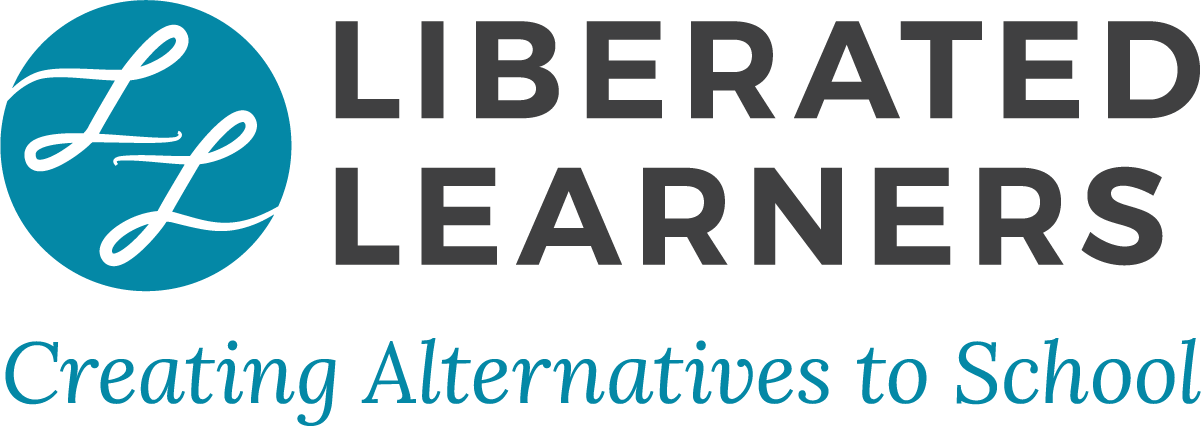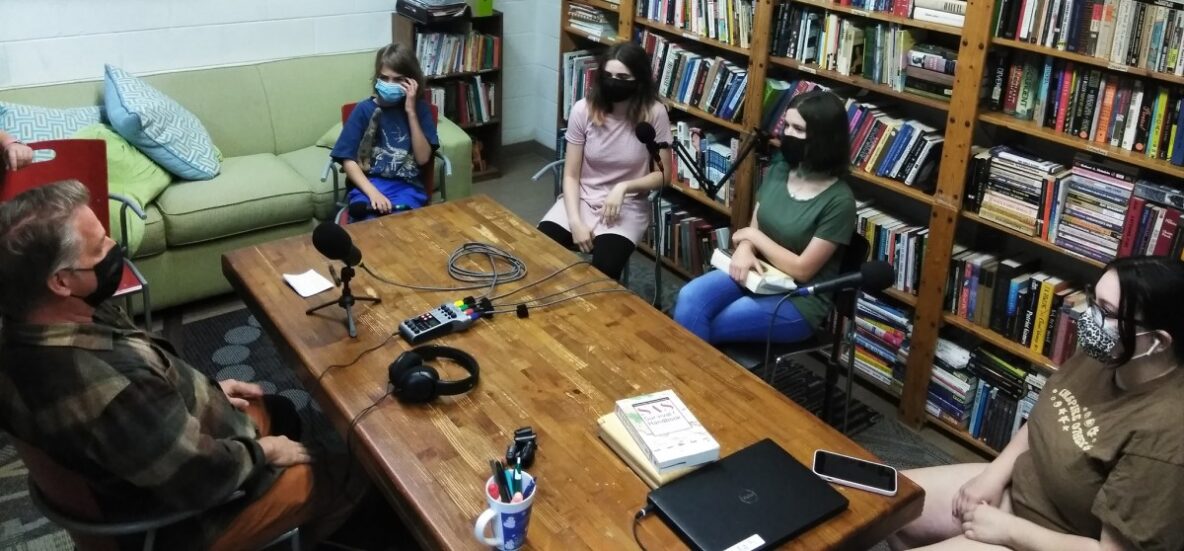When teachers become unhappy with teaching in a conventional school, they often begin looking around at what options are out there. Ways that better respect individuals (students and teachers!), that offer kids more flexibility and control, that provide more meaningful learning, that honor the diversity of human beings, and the list goes on. Ken Danford and Joel Hammon, who work with people interested to find a better way to structure a learning environment, are two such people: Ken prior to founding North Star and Joel about 10 years later.
Steven Slaughter is a more recent member of this club. He’s taught elementary, middle and high school, in public and private schools, in the US and in Kenya. At a fork in the road, Steven began to consider how best to be a teacher, realizing that the ideal environment for kids is one that encourages self-directedness, includes student choice, celebrates creativity, and supports trust in each child’s capability. Looking into the options, he came across Self-Directed Education and joined the first cohort of the Another Way course to learn more about it.
As a next step to better understanding SDE, Steven planned a multi-stop road trip to the east coast (he lives in Chicago) to experience unschoolers in action at home and at SDE centers and schools. He’s not the first former “conventional school” teacher to embark on this kind of journey as a way to learn about the options and find a path forward that worked for them. Cassidy Younghans wrote about her journey in an article titled My Self-Directed (Adult) Journey into Self-Directed Education.
To document his travels and further the conversation around SDE, Steven interviewed people at some of the stops and offers these interviews in the new podcast Envisioning Education. Steven visited North Star and Princeton Learning Cooperative where he interviewed some of the teen members (episodes 4 and 5). The interviews offer a chance to hear from the kids: why they left school, what’s working for them now, their aspirations for the future. Along the way, the kids talk about the stress of school. The emotions are palpable as they describe the overwhelming pressure to keep up, the struggle to navigate what other people say and do, and dealing with a system that has entrenched expectations and little to no flexibility. With each group, Steven guides the discussion into how life is different now that they’ve left school behind. The kids describe an environment that allows them to control the what, when, and how of their learning. They speak about how the built-in flexibility improves their learning, how much more they are enjoying life now, and how having responsibility for their learning encourages them to step up, to take responsibility for their choices.
Steven shares a few thoughts after the interviews. He’s convinced that these young people will be prepared academically for the future just as well as those in a more conventional setting and suggests that they may have an advantage in the adult world of the future that will likely require more adaptability and self-direction, key features of education at Liberated Learners centers.
As Steven says in the introduction to each episode, he’s “a teacher on a quest for better ways to support learning.” Welcome to the club 🙂

